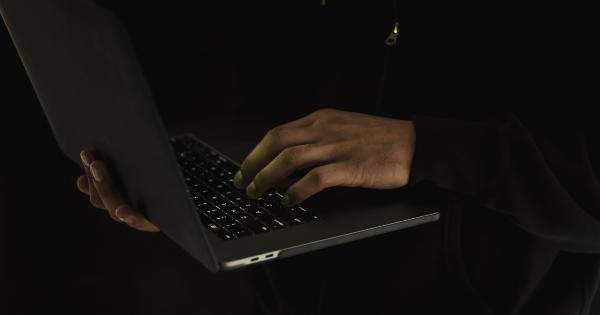In this era of information overload and constant connectivity, it has become increasingly difficult to discern who is truly honest and trustworthy.
While many individuals and organizations claim to be honest, there are some who are adept at faking honesty for personal gain or to manipulate others. This article delves into the various categories of people who engage in this practice and explores their motives behind it.
The Politicians
When discussing fakers of honesty, politicians often come to mind. It is not uncommon for politicians to make promises they have no intention of fulfilling, all in an effort to win votes and gain power.
These individuals master the art of deception, presenting themselves as honest and principled while secretly engaging in corrupt practices behind closed doors.
The Salespeople
Salespeople are notorious for using manipulative tactics to sell their products or services.
They often employ dishonesty by exaggerating the benefits of their offerings or concealing important information that may sway a potential buyer’s decision. Their primary goal is to make a sale, and they will often resort to dishonest means to achieve it.
The Online Influencers
In the age of social media, online influencers hold significant sway over their followers. Many influencers present themselves as genuine and honest, establishing a loyal fan base.
However, there are those who fake honesty by promoting products or services solely for monetary gain, without disclosing any conflicts of interest. These individuals deceive their followers by pretending to be sincere advocates of the products they endorse.
The Media
The media plays a powerful role in shaping public opinion and presenting information. While the media is expected to be unbiased and truthful, there are instances where they prioritize sensationalism and ratings over honesty.
Some media outlets engage in selective reporting or spin stories to fit a particular narrative, misleading the public and manipulating their perception of reality.
The Celebrities
Celebrities often have a significant influence on their fans and followers. Many celebrities maintain an image of honesty and authenticity, leading their fans to trust their opinions and recommendations.
However, some celebrities are paid to endorse products or services without disclosing their financial ties, giving the impression that they genuinely believe in the promoted items. This dishonesty can be misleading to their fans and followers.
The Corporate Executives
Corporate executives are not immune to the allure of dishonesty. Some executives manipulate financial data or conceal information to present a more favorable picture of their company’s performance.
Their primary goal is to attract investors, impress stakeholders, and boost the company’s stock value. By faking honesty, they can drive up profits while deceiving shareholders.
The Fake News Peddlers
In recent years, the rise of fake news has become a concerning phenomenon. Fake news peddlers intentionally spread misinformation, hoaxes, and conspiracy theories to manipulate public opinion or drive traffic to their websites.
They prey on people’s gullibility and exploit the modern information ecosystem to disseminate false narratives.
The Fraudsters
Fraudsters are individuals who intentionally deceive others for personal gain. Whether it be financial scams, identity theft, or Ponzi schemes, fraudsters excel at faking honesty to gain the trust of their victims.
They use various tactics, such as building fake credentials, creating false narratives, or exploiting emotional vulnerabilities to carry out their fraudulent activities.
The Cheaters
In personal relationships, cheating is one of the most common forms of dishonesty. Whether it is a romantic partner, a business partner, or a friend, cheaters feign honesty and faithfulness while engaging in secret affairs or deceitful behaviors.
Cheating erodes trust and can have devastating consequences for the individuals involved.
The Self-Deceivers
Lastly, there are those who fake honesty even to themselves. These individuals may engage in self-deception, convincing themselves that their actions are honest and justified.
They may deny or rationalize their dishonesty, ultimately protecting their self-image rather than facing the truth.
In conclusion, faking honesty is a widespread practice that exists in various spheres of life.
Politicians, salespeople, online influencers, media outlets, celebrities, corporate executives, fake news peddlers, fraudsters, cheaters, and self-deceivers all engage in varying degrees of dishonesty. Understanding their motivations and being aware of their tactics can help individuals navigate this complex world of fakery and deceit.






























